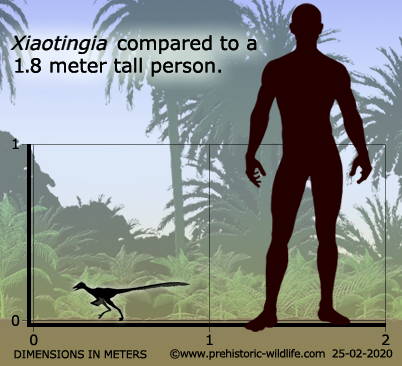In Depth
The discovery of Xiaotingia caused some upset in the paleontological community because of its similarities to the world famous Archaeopteryx which has been hailed as the first bird since its discovery in 1861. This is because Xiaotingia is thought to be a dinosaur that is similar to a bird rather than a bird that is similar to a dinosaur. If those definitions seem blurry then that’s because they are and therein lays the problem of establishing the first ‘true’ bird.
Palaeontologists are split on whether or not Archaeopteryx was the first bird or the dinosaur that that preceded it, and were so for a long time before the discovery of Xiaotingia, although Xiaotingia does seem to point towards Archaeopteryx being closer to dinosaurs. Although there are many points of Xiaotingia that point to it being closer to dinosaurs, one bit of evidence that was mentioned by Xu Xing when talking about the discovery was the presence of an extensible second pedo-digit; The part that would become the trademark characteristic of the deinonychosaurs like Deinonychus and Velociraptor.
Ultimately the understanding of birds and their exact origin in dinosaurs will only be settled with further fossil material and study. While the discovery of Xiaotingia has cast doubt upon Archaeopteryx being the first bird, new discoveries may yet cast doubt on Xiaotingia being a dinosaur.
Further Reading
– An Archaeopteryx-like theropod from China and the origin of Avialae. – Nature. 475 (7357). – Xing Xu, Hailu You, Kai Du & Fenglu Han – 2011.










